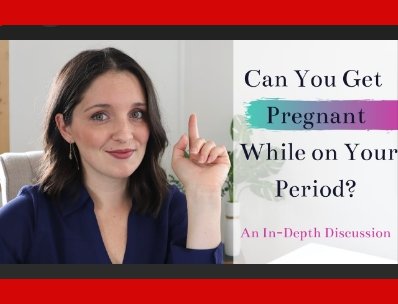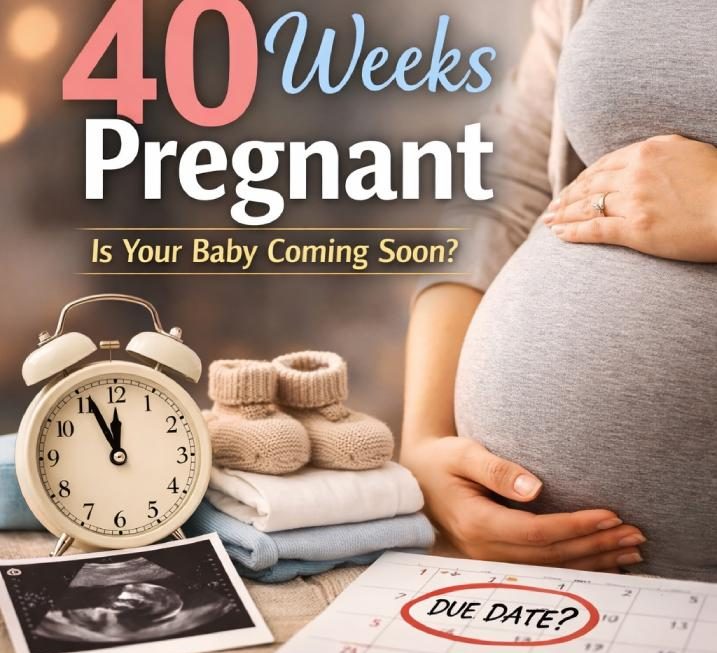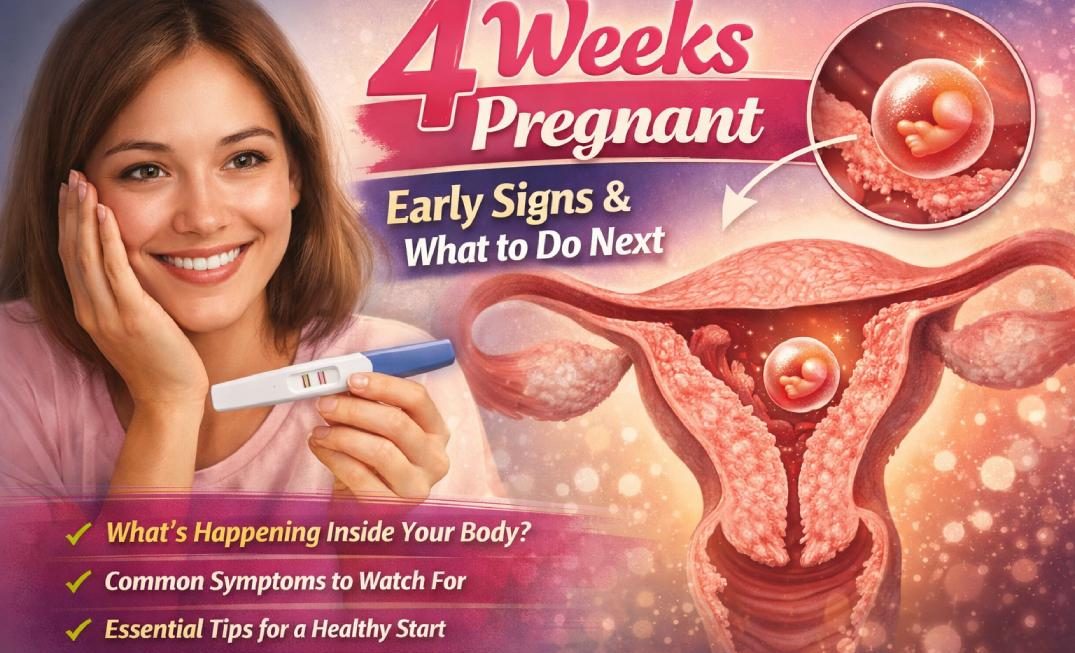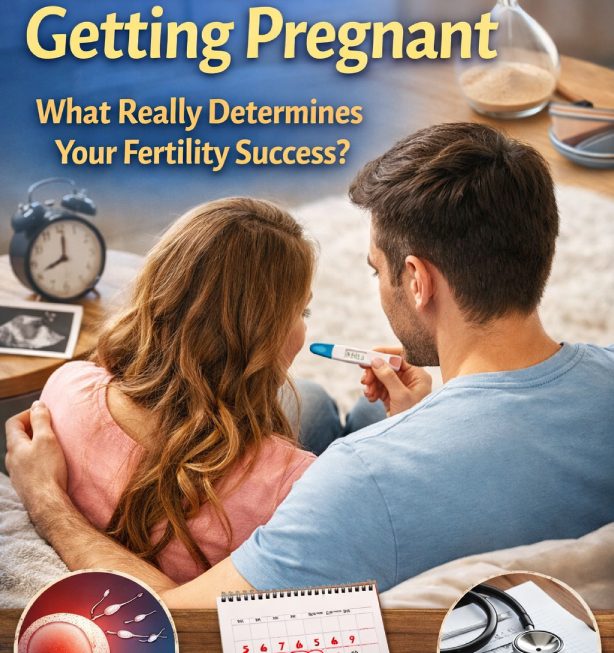In the realm of reproductive health, the question of whether a girl can get pregnant during her period often sparks confusion and debate. This article aims to unravel the mysteries surrounding this topic and provide clarity on menstrual cycle dynamics, fertility windows, and the likelihood of conception during menstruation.
Understanding Menstrual Cycles and Fertility
Deciphering the Menstrual Cycle:
The menstrual cycle, a vital aspect of female reproductive health, is a complex interplay of hormonal changes orchestrated by the body to prepare for potential pregnancy. Lasting typically 28 days, although it can vary from person to person, this cyclical process consists of distinct phases: menstruation, follicular phase, ovulation, and luteal phase.
Detailed Description:
During menstruation, the uterine lining sheds, resulting in the expulsion of blood and tissue through the vagina. This phase marks the beginning of the menstrual cycle and is characterized by hormonal fluctuations, primarily a decrease in estrogen and progesterone levels.
Exploring Ovulation and Fertility:
Ovulation, a pivotal event in the menstrual cycle, occurs when a mature egg is released from the ovary and travels down the fallopian tube, awaiting fertilization by sperm. This phase typically takes place around the midpoint of the menstrual cycle, approximately 14 days before the start of the next period.
In-depth Analysis:
Ovulation is the prime window of fertility, spanning a brief timeframe when conception is most likely to occur. Sperm can survive in the female reproductive tract for up to five days, eagerly awaiting the release of the egg during ovulation. Thus, intercourse leading up to and during ovulation poses the highest risk of pregnancy.
Can Pregnancy Occur During Menstruation?
Debunking Common Misconceptions:
Contrary to popular belief, the likelihood of pregnancy during menstruation is generally low but not impossible. While it’s uncommon, several factors contribute to this possibility, including the variability of menstrual cycles and the lifespan of sperm within the female body.
Thorough Explanation:
Though menstruation typically signifies the shedding of the uterine lining and the absence of ovulation, irregular menstrual cycles or instances of prolonged bleeding can overlap with the fertile window. Additionally, sperm can survive within the female reproductive tract for several days, increasing the chances of conception if ovulation occurs shortly after menstruation ends.
Factors Influencing Pregnancy Risk During Periods
Understanding Cycle Variability:
Menstrual cycles can vary in length and regularity among individuals, influenced by factors such as stress, hormonal imbalances, and underlying health conditions. Women with irregular cycles may experience unexpected ovulation patterns, heightening the risk of pregnancy during menstruation.
Detailed Insight:
It’s crucial to recognize that while the menstrual cycle typically follows a predictable pattern, deviations from the norm can occur. Factors such as stress, diet, and lifestyle choices can disrupt hormonal balance, leading to irregularities in cycle length and ovulation timing.
Addressing Common Concerns and FAQs
Can You Get Pregnant on the First Day of Your Period?
While the likelihood is low, it’s not impossible. Women with shorter menstrual cycles may ovulate shortly after menstruation ends, increasing the risk of pregnancy if unprotected intercourse occurs during this time.
Is it Safe to Rely on Periods as Birth Control?
Menstrual cycles can vary in length, making it unreliable to solely rely on periods as a form of birth control. For effective contraception, consider utilizing additional methods such as condoms or hormonal contraceptives.
Can Pregnancy Occur from Intercourse During Menstruation?
Although rare, pregnancy can occur if intercourse during menstruation coincides with the fertile window. Sperm can survive in the female reproductive tract for several days, increasing the likelihood of conception if ovulation occurs shortly after menstruation ceases.
How Does Irregular Menstruation Affect Fertility?
Irregular menstrual cycles can complicate fertility prediction, as ovulation may occur unpredictably. Consulting a healthcare provider can help identify underlying causes of irregularities and provide guidance on optimizing fertility.
Are There Any Signs to Indicate Pregnancy During Periods?
While it’s uncommon, some individuals may experience light bleeding or spotting during early pregnancy, which can be mistaken for menstruation. If pregnancy is suspected, it’s advisable to take a pregnancy test and consult a healthcare provider for confirmation.
In conclusion, the question “Can a Girl Get Pregnant on Her Period?” is nuanced and multifaceted, influenced by various factors such as menstrual cycle regularity, ovulation timing, and individual fertility patterns. While pregnancy during menstruation is uncommon, it’s essential to recognize the potential risks and take proactive measures to prevent unwanted pregnancies. By understanding the complexities of the menstrual cycle and fertility, individuals can make informed decisions regarding contraception and reproductive health. Stay informed, stay empowered, and remember to consult healthcare professionals for personalized guidance.



